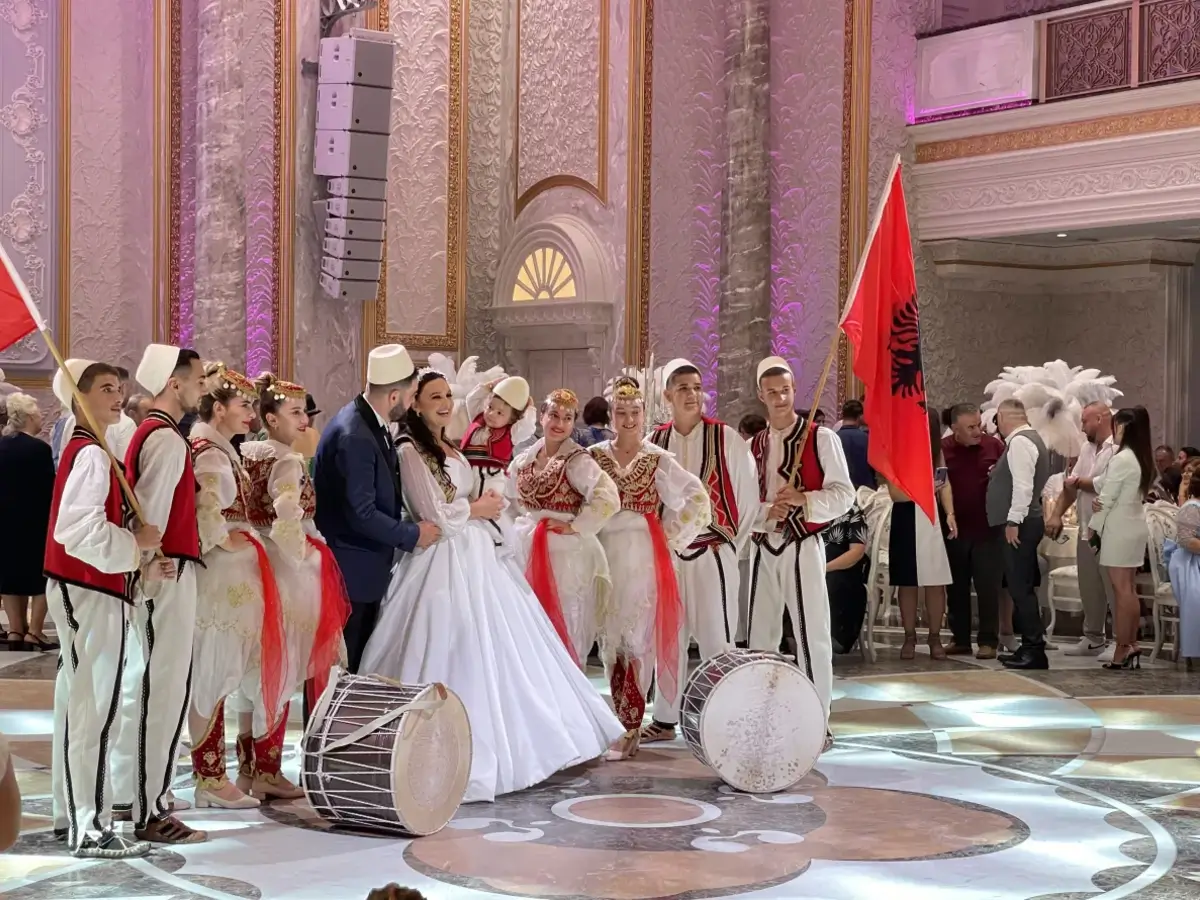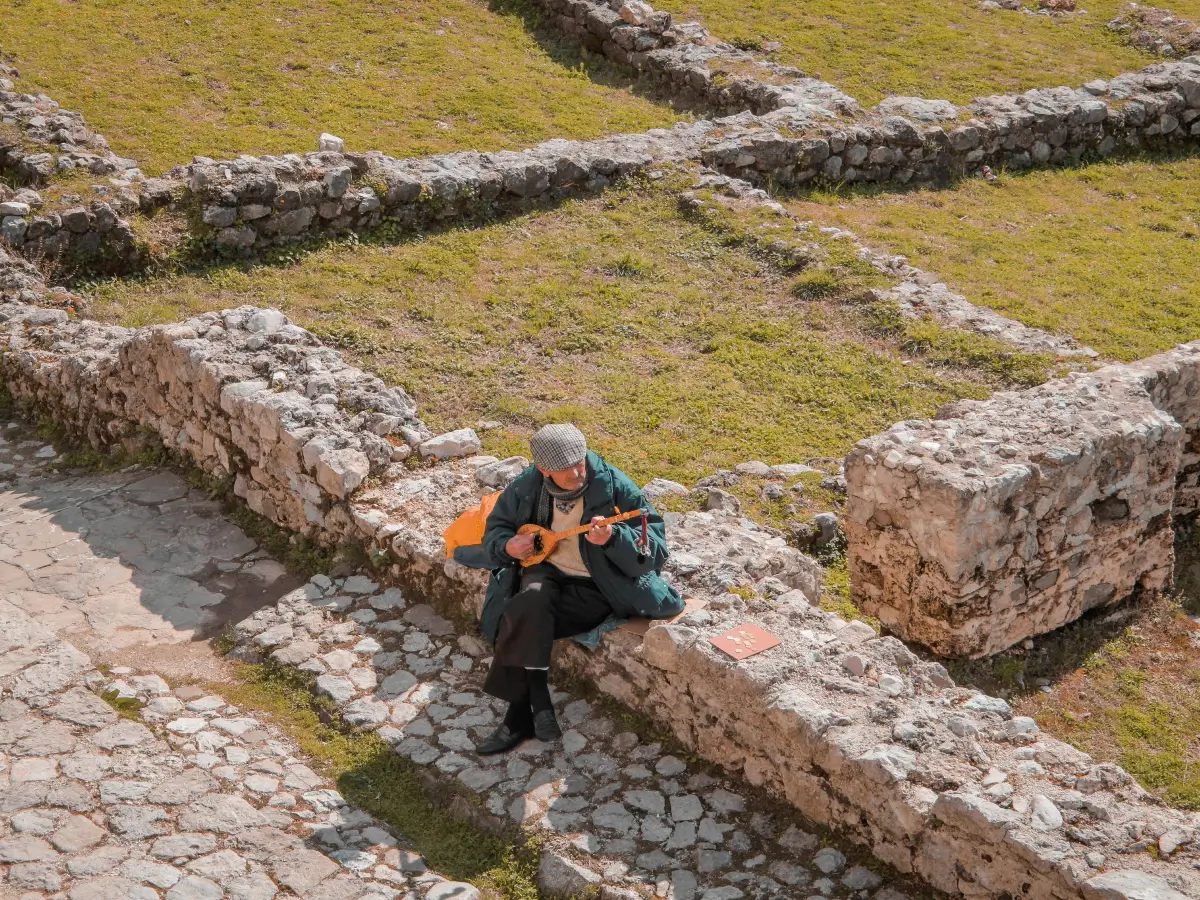Foreigners visiting Albania often leave with the same impression: the people are unexpectedly warm, welcoming, and generous. Across cities and villages, Albanians show a deep-rooted respect for guests — offering help, food, and often their time, without expecting anything in return.
This isn’t just politeness. It’s part of the culture, shaped by centuries of tradition where hospitality is sacred and guests are seen as a blessing. For many Albanians, especially in rural areas, hosting a foreigner is an opportunity to show pride in their home and offer something meaningful — even if it’s modest.

The cultural foundation: hospitality as duty
At the heart of this behavior is besa, the traditional Albanian code of honor. One of its principles is the moral obligation to protect and care for guests — including strangers. While besa is most famously linked to historic stories of sheltering those in danger, its modern expression lives on in daily acts of kindness toward travelers.
Even today, in areas with little tourism infrastructure, a foreign visitor may be offered coffee, directions, a seat at the table, or even a place to stay — especially if they appear lost or alone.
What foreign visitors often experience
Foreigners are often surprised by how naturally and openly they are treated. Unlike heavily touristed areas where hospitality becomes transactional, Albanians often offer help or friendship without any expectation of payment or reward.
Common experiences for travelers include:
-
Being greeted with a smile and “welcome” in English — even in remote villages
-
Receiving small gifts (like fruit, coffee, or baked goods) after a short conversation
-
Being invited to someone’s home after a brief exchange
-
Strangers offering to guide them personally rather than just giving directions
-
Locals expressing genuine curiosity and asking where the visitor is from, not for profit but interest
This kind of warmth is deeply personal and often feels spontaneous. It reflects a cultural pride in Albania’s image, especially given its past — many Albanians want foreigners to see the country’s good side and break old stereotypes.
Urban vs rural attitudes
In major cities like Tirana or Durrës, interactions are quicker and more urbanized. Service staff in restaurants and hotels are increasingly trained in international hospitality, and English is widely spoken among the younger population. In these settings, kindness is paired with professionalism.

In rural areas, however, the hospitality becomes more personal and emotional. Even when there’s a language barrier, people will go out of their way to communicate, help, and host. It’s not unusual for locals to offer a homemade meal or insist on walking a guest to their destination, no matter how far.
Albanians abroad and their treatment of guests
This cultural habit doesn’t stop at the border. Albanians living abroad — whether in Switzerland, Germany, or the U.S. — often extend the same hospitality to newcomers in their communities. It’s a way to maintain identity and share pride in their roots.
Visitors who have met Albanians abroad often report the same experience: a willingness to help, openness to conversation, and strong social bonds even with strangers.